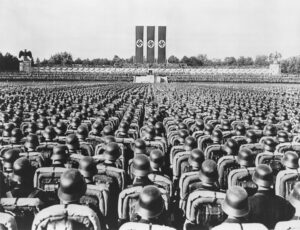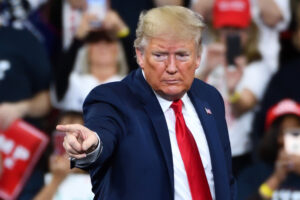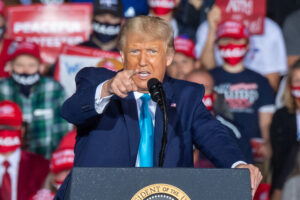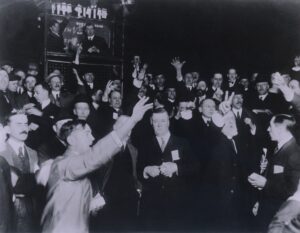
The Congo Crisis
The people of the Congo must have thought there was a new dawn on the horizon when Belgium granted its long sought after independence on June 30, 1960. However, it was to be a false dawn as the Belgium authorities believed that, despite the apparently newfound freedom of the Congolese people, the Belgians within the country would still remain in positions of power. The newly elected Prime Minister, Patrice Lumumba of the Mouvement National Congolas, had other ideas. He would get his chance to show why when the white commander of the Force Publique, Emile Janssens, let it be known to the black members of the army that, regardless of their independence, the status quo would remain the same. It wouldn’t.
A full scale mutiny would take place soon after and Janssens looked to Lumumba to authorize the deployment of Belgian troops to bring back and maintain order. Lumumba would instead remove Janssens from his position and promote all of the black men serving in the army, including installing Joseph-Desire Mobutu as the army chief of staff. This move would fail to quell the uprising in the army’s ranks and soon white civilians were being openly attacked. This would see Belgium to send in its own troops to protect those citizens fleeing from the escalating violence, a move that did not sit well with Lumumba as he saw it as an encroachment against his sovereignty.
When the Belgian-supported Katangan secessionists led by Moise Tshombe broke away from the Congo, Lumumba would take this opportunity to approach the UN for assistance but his request was quickly rejected. Next, he would approach the US who had heavily invested in the Congo after WWI, mining its resources like gold, diamonds, copper, tin, cobalt, and zinc. During WWII, the Congo would become an even more important resource for the Americans as it was a rich source of uranium. Despite this, Eisenhower’s administration would wholly reject the Lumumba approach as they believed his political ideology was more in line with the Soviet Union.







